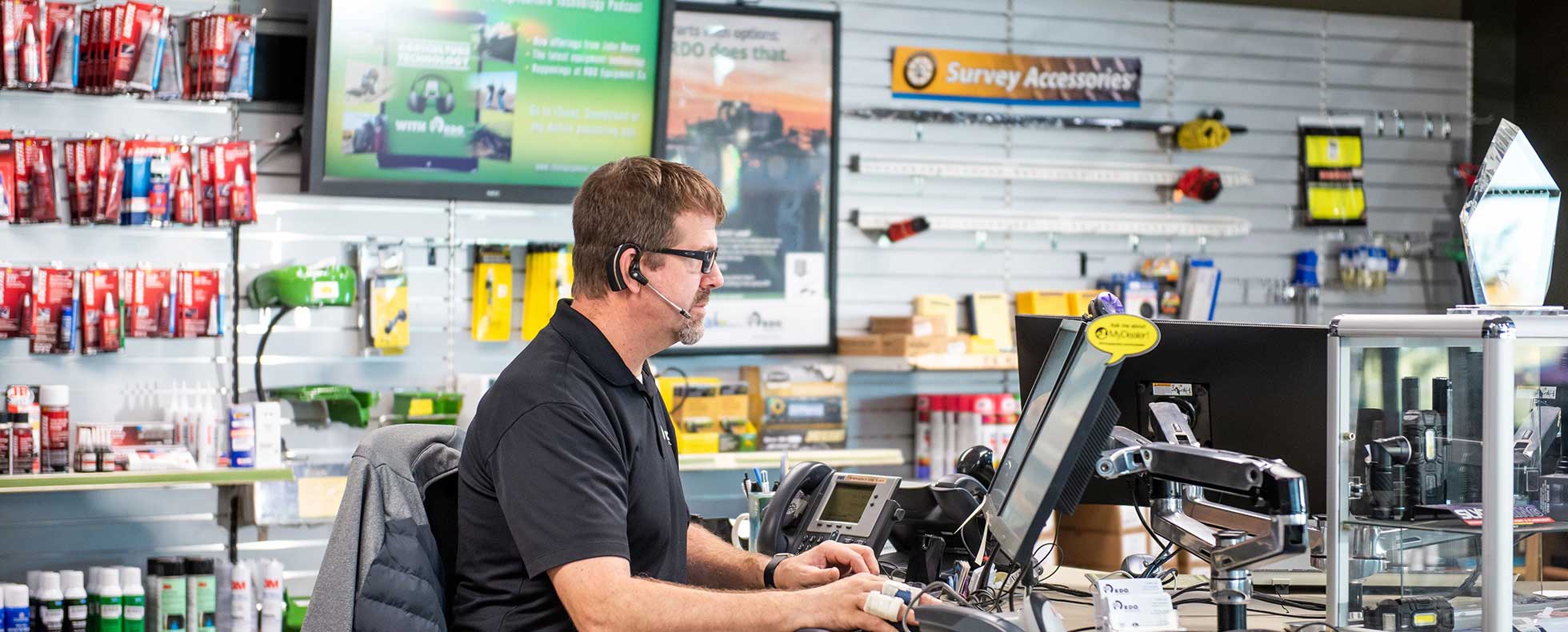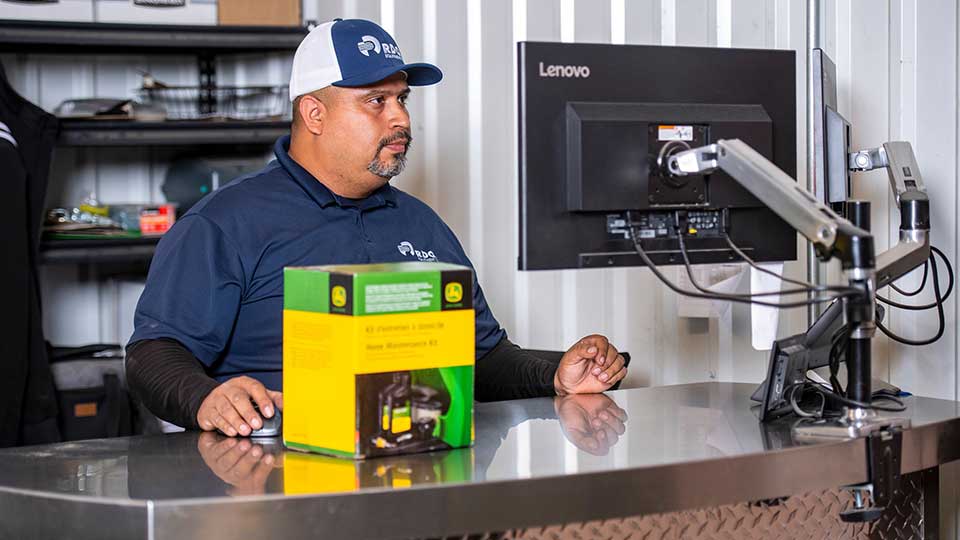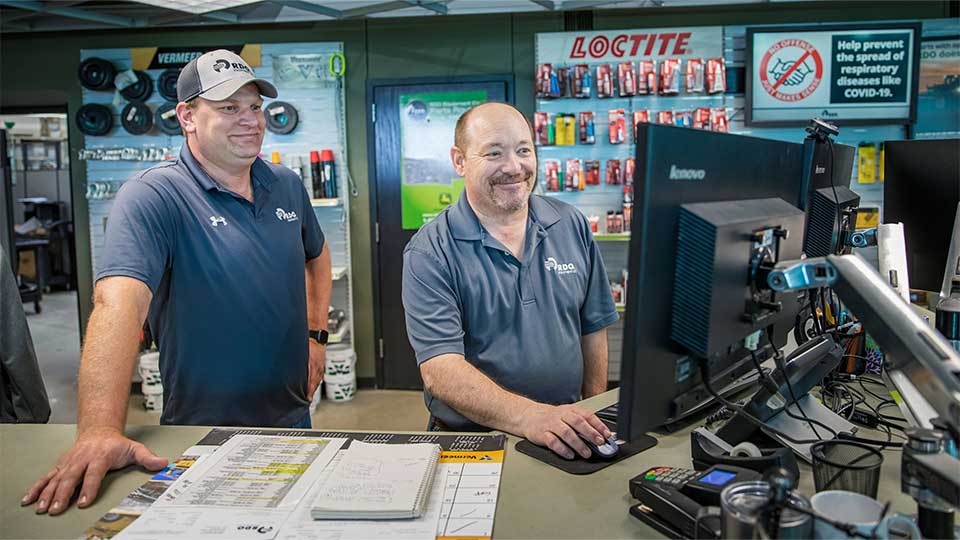
Getting started in a career can be a challenge, especially if you’ve never worked in the field before.
Becoming a parts specialist is a great move for many, these roles create value for their companies and customers every day. But what should you do to get started?
RDO employs parts specialists in more than 85 locations across the U.S. These team members are a crucial part of our growing organization.
In this article, we’ll overview how to become a parts specialist so you can get started in this career.
For the most part, parts specialists aren’t required to have any kind of formal postgraduate education, like a bachelor’s or associate's degree. Instead, most employers require a high school diploma or equivalent.
So, if you're wondering if you’ll have to return to school to get started, don’t worry; there's no need. You can check off the “education” box on many parts specialist job descriptions if you have a high school diploma or GED.
It’s important to note that this may change depending on the employer, job seniority level and industry. To be sure, always reference the specific job listing you’re interested in.

In the majority of instances, companies in the automotive and heavy equipment industries prefer candidates with some kind of mechanical background and/or parts training.
Without understanding mechanical systems and parts, it’s difficult for a parts specialist to “speak the language” and provide accurate, timely solutions for customers.
For this reason, mechanical experience and knowledge are a plus if you want to become a parts professional at a heavy equipment store (like RDO). Sometimes, mechanics transition into a parts department when they’re looking for a change. Their knowledge of the machinery/equipment makes them an asset to customers.
Alternatively, prior history working with equipment like cars, trucks, heavy equipment (agriculture, forestry, construction machinery, etc) or anything else technical. People who grew up on/around a farm are always a plus. Here are seven skills that make a successful parts specialist.
To get started in your career as a parts professional, having a high school education and a background in equipment mechanics will give you a leg up and make you a preferred candidate by many employers.
But what if you have very little technical, mechanical and parts knowledge? Are there still opportunities to start a career in the parts field?
In many cases, yes. While you might not be ready to work the parts counter at a store right away, there are still a couple of ways to get started in the parts realm.
Internship programs are a great way to develop your parts experience, determine whether this career is right for you and get started. While not every company offers them if you’re currently in school or want to be paid to learn the ropes, find an organization that does.
These experiences usually last 6-18 months and may conclude with a full-time employment opportunity.
Some parts departments (depending on the size of the location) have team members who work behind the counter, assisting customers and answering questions and others who spend their time doing other parts support or warehouse duties (receiving freight, inventorying parts, filling orders, etc.).
To get your foot in the door without experience, one of these other parts positions may be a good place to start. After a while, there will likely be other opportunities to transition within the parts department to other roles. That said, a parts warehouse or parts support role is a good place to begin your career.

Being a parts specialist is a great, stable career. If you’re looking for a job where you can see the impact of your work, build relationships with customers and make a difference in your community, a parts role might be for you.
Now that you have some insights into what’s required to start a parts specialist career, discover what A Day in the Life as a Parts Specialist at RDO Equipment Co. is like.
If you’re ready to start along a stable career path at a company dedicated to your growth, learn more about RDO parts careers.